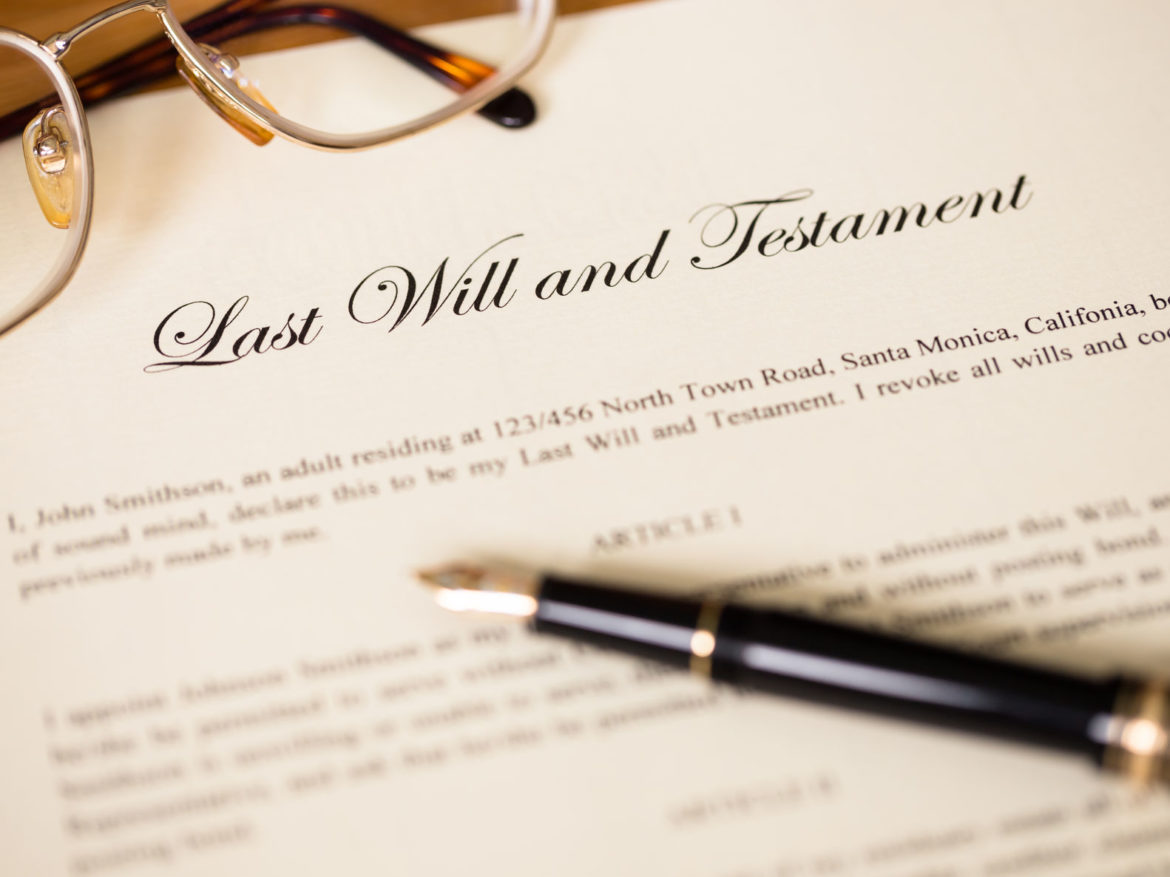
Quite often your Seller will be the Executor of a deceased estate. Most Agents associate one world with estates - delay. It is sometimes said that people die but their estates go on forever! It is not uncommon for estates to go on for a year or two. A sale out of an estate, however, should not really delay a transfer once the Letters of Executorship have been issued. These are issued after certain documents have been submitted to the Master of the Supreme Court. It is neither wise nor legal to sell a property out of an estate until these are available. The reasons are:
- The Master of the High Court can sometimes take a few months to furnish them. Your Buyer will become restless.
- Unless directed by the Will of the deceased, an Executor has to get the consent of the Master to a sale by private treaty out of the estate. He is not allowed to sign the Power of Attorney to Pass Transfer until he receives the Letters of Executorship (Klempman v Law Union & Rock Insurance, 1957 (1) SA 506 (W)). He then has to forward the following documents to the Master to get his approval:
i) An Application in Terms of Section 42 (2) of the Administration of Estates Act (a special form has to be completed and filed);
ii) Written consents of all major heirs (minor heirs cannot consent to a sale);
iii) A certified copy of the original Contract of Sale:
iv) The required Power of Attorney to pass transfer duly signed.
- The Master of the Supreme Court will then, if satisfied, endorse the Power of Attorney with a rubber stamp confirming his consent in terms of Section 42(2). This can again take some time to be furnished.
- There may be a prohibition in the Will of the deceased to the sale. He may have awarded it specifically to be administered in trust for a minor.
Once the Letters of Executorship are to hand, it is safe to proceed. If the Executor's Agent or one of the heirs to the estate is prepared to go to the Master's office personally, with a bit of gentle persuasion, the endorsement can be obtained immediately and the transfer can be effectively expedited.
Every sale out of a deceased estate must include the following clause to protect the parties in the event that the Master's consent cannot be obtained:
This sale is subject to the consent of the Master of the High Court in terms of Sec. 42 (2) of the Administration of Estates Act. If such consent cannot be obtained, this sale shall become null and void.
It often happens that someone sells a property while he is still alive but then dies before the transfer is registered. In conveyancing terms this is spoken of as a sale during the lifetime of the deceased. It remains perfectly valid and the Executor is bound by it. Once again, however, Letters of Executorship have to be issued and the Executor must again obtain an endorsement in terms of Section 42 (2). In such a case the Master will usually be sympathetic to an urgent request for his endorsement if the Executor's Agent of an heir calls at the Master office personally. The same documents have to be filed excepting the consent of the heirs which are not necessary.
CREDIT:
Property Law Publications
John Gilchrist
082 904 1300